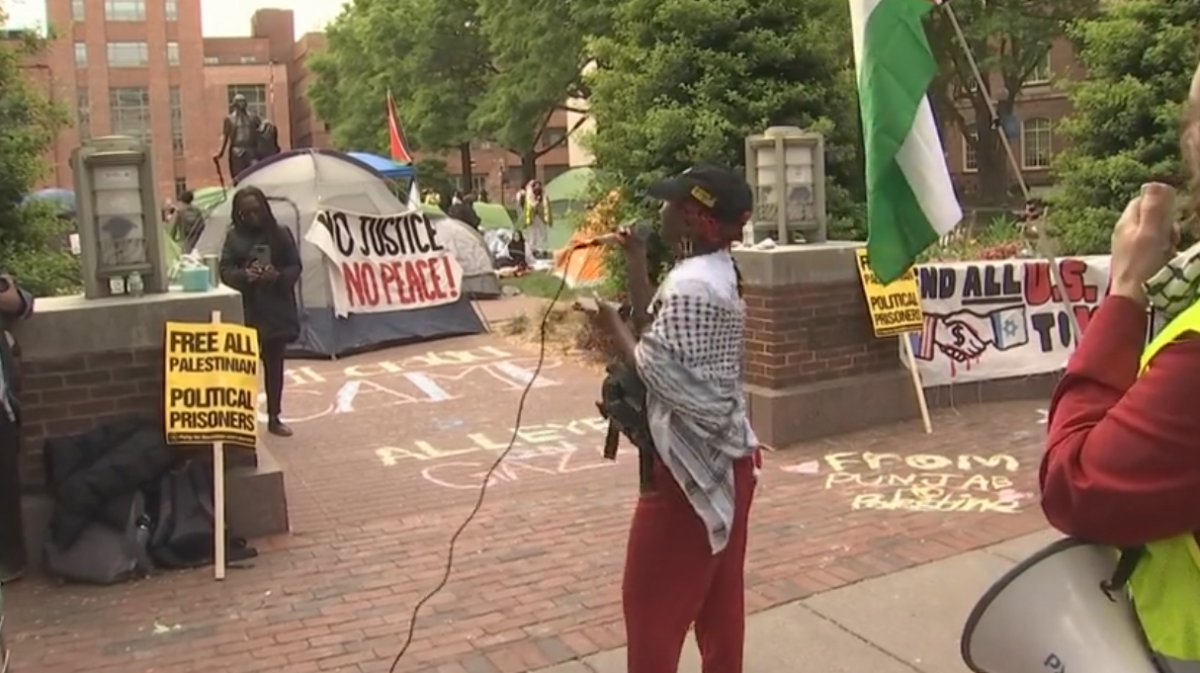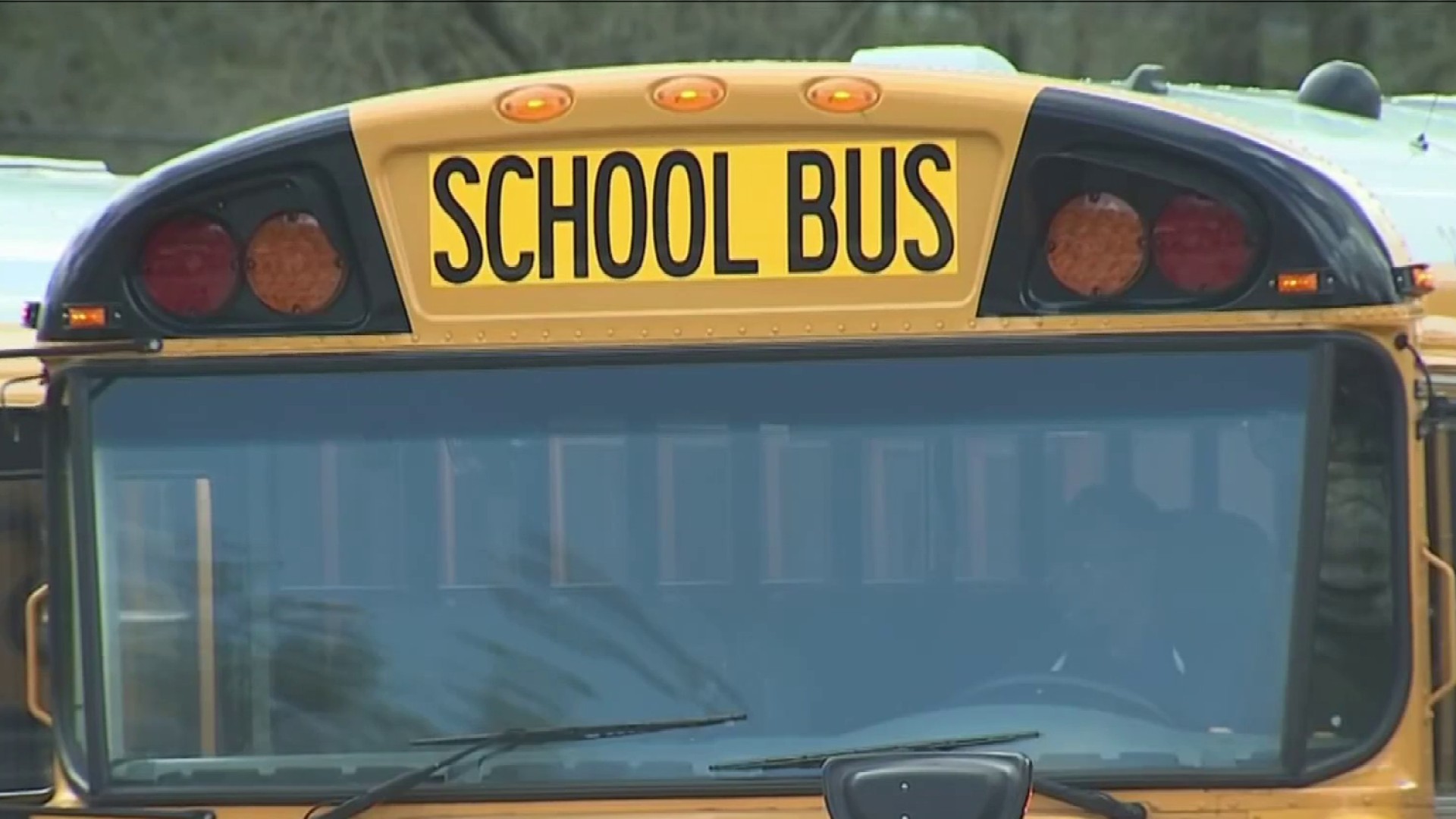With possible COVID-19 vaccines in the final phases of clinical trials, Children’s National Hospital's Dr. Sarah Schafer and Dr. Linda Fu believe an informational campaign to get the public ready for a vaccine should start now.
Schafer and Fu recently published an article in the Journal of the American Medical Association raising concerns of the need to lower vaccine hesitation through education.
"Part of that is having real transparency and openness about what is being done," Fu said. "The number of thousands of people around the globe who are participating in trials to make sure the vaccine is safe and effective before it goes out into the general public."
Results from the latest NBC/Survey Monkey poll looked at how many Americans would likely receive a vaccine against the coronavirus.
According to the findings, only 44% of Americans say they will get a government-approved vaccine if one becomes widely available. Another 22% say they will not get vaccinated, and 32% say they are unsure. The online polls were conducted Aug. 10–16. The modeled error estimate for this survey is plus or minus one-percentage point.
During a phone briefing on Operation Warp Speed, Health and Human Services (HHS) senior administration officials, who asked not to be named, acknowledged the need for an informational campaign, but worried there were still too many unknowns. It is still unknown for whom the vaccine would be effective, or how many doses would be available by the end of the year, the official said.
“So the fine line we're walking is getting the American people very excited about the potential of vaccines and then missing on expectations,” an HHS Senior Administration official said.
Local
Washington, D.C., Maryland and Virginia local news, events and information
The senior administration official said they’re focusing on getting subjects in clinical trials, and promoting convalescent plasma donations. According to the official, the HHS is already engaging with community partners to get the word out on trials and an eventual vaccine.
Fu agrees community leaders and those with large social media followings can help people gain trust in a vaccine.
"Those sort of positive posts can really make a difference," Fu said. "When somebody does eventually go to the doctor to ask about the vaccine, they already feel comfortable with it."
Whenever the vaccine is ready to be promoted, the promotion could consist of a four to six weeks of intense multi-channel promotion, the HHS senior administration official said.



